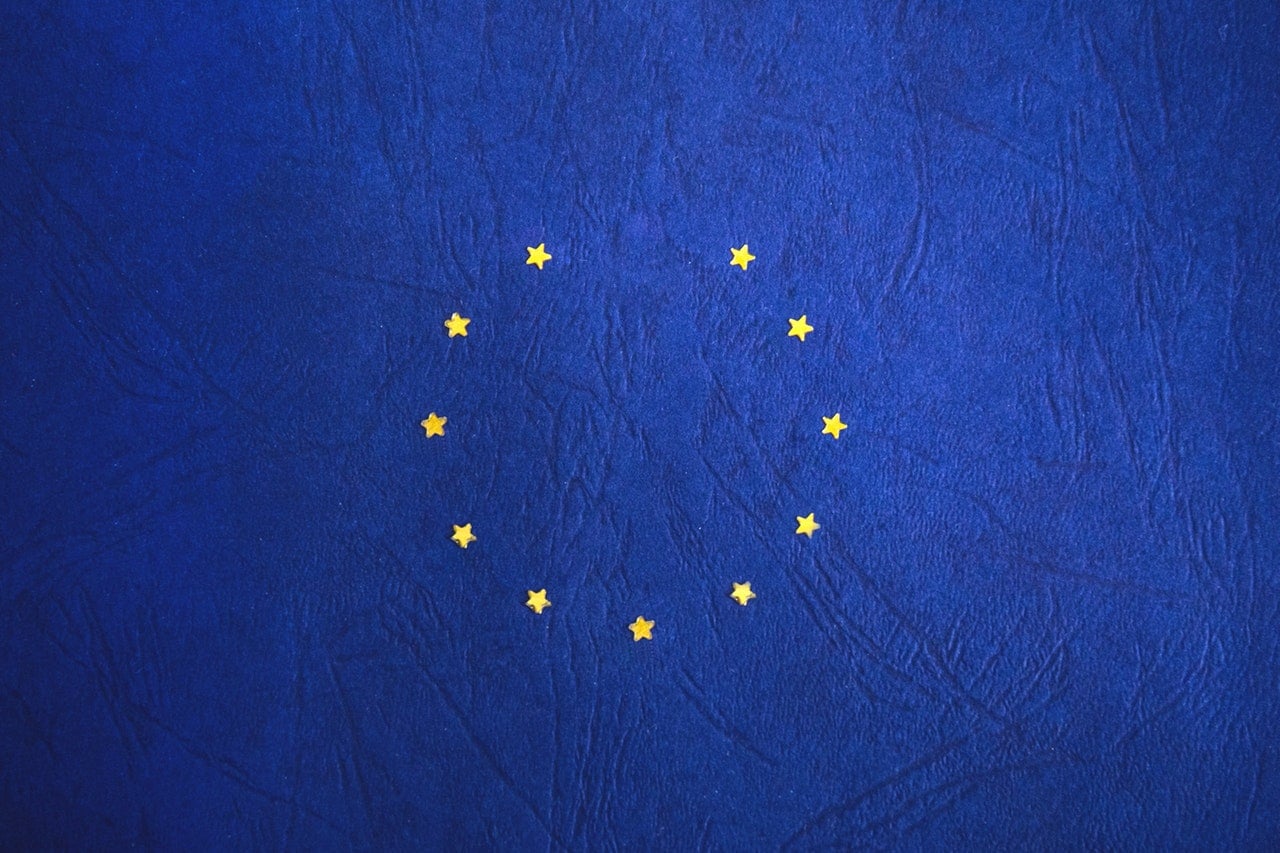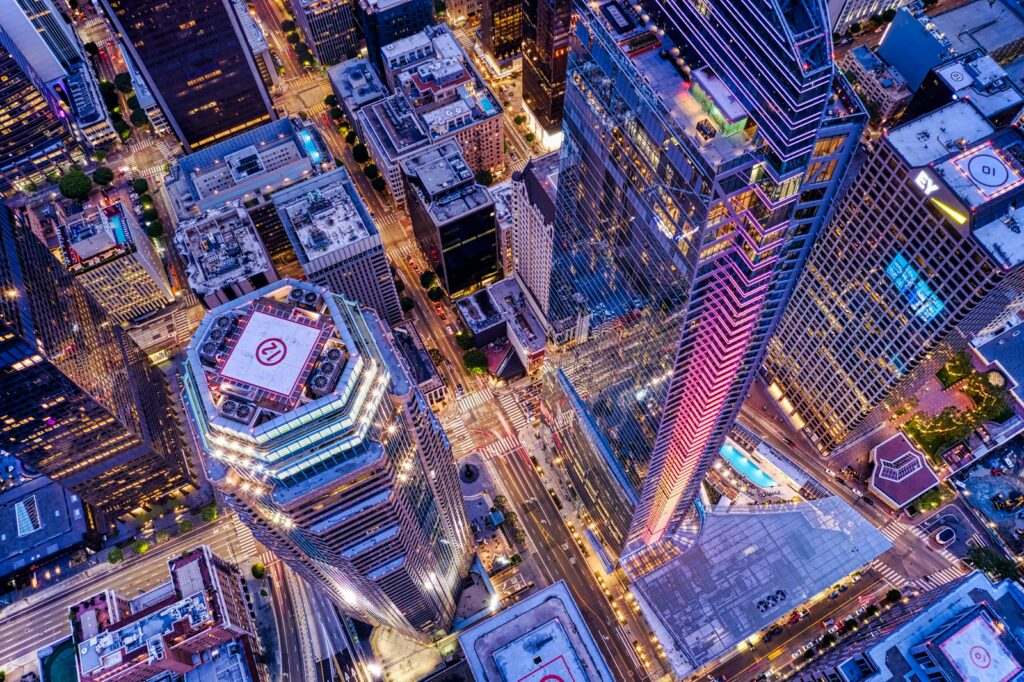The controversial EU Copyright Directive law passed the EU Parliament and represents the bureaucratic body’s first attempt to bring copyright law up to date for the modern age in a big way.
Of course, it has a lot of vocal detractors, many of which point to the law’s unintended consequences in dismantling the “open web” according to PetaPixel.

One of the more onerous parts of the legislation is the Article 13 provision of the law that puts huge burdens on online content platforms to insure that content uploaded to them does not contain work that infringes copyright. Some are referring to this as the “upload filter” because it places a lot of restrictions on what hosts can have on their platform and, in effect, squelches the free upload of content upon which things like YouTube and Instagram rely for their business model.
Those who follow this website know that we regularly cover stories of copyright infringement and the sometimes lack enforcement of copyright that seems to occur in some areas of photography and videography. That said, we also bring you stories about copyright applied less than accurately and in an overreaching manner, so the see-saw seems to pivot both ways sometimes.
Among the opposition to the EU Copyright Directive are the Electronic Frontier Foundation, the Creative Commons, Reddit, Wikimedia, and YouTube.
EU Parliament President Antonio Tajani received a letter from tech luminaries that stated: “By requiring Internet platforms to perform automatic filtering all of the content that their users upload, Article 13 takes an unprecedented step towards the transformation of the Internet from an open platform for sharing and innovation, into a tool for the automated surveillance and control of its users…The damage that this may do to the free and open Internet as we know it is hard to predict, but in our opinions could be substantial.”
Interestingly, the Verge cites some photographers worrying about losing the “freedom of panorama,” something not protected in the EU Copyright Directive. Basically what this means is that photographers can take pictures of cityscapes without worrying about buildings or other things that may contain “copyrighted” material such as a street advertisement.




